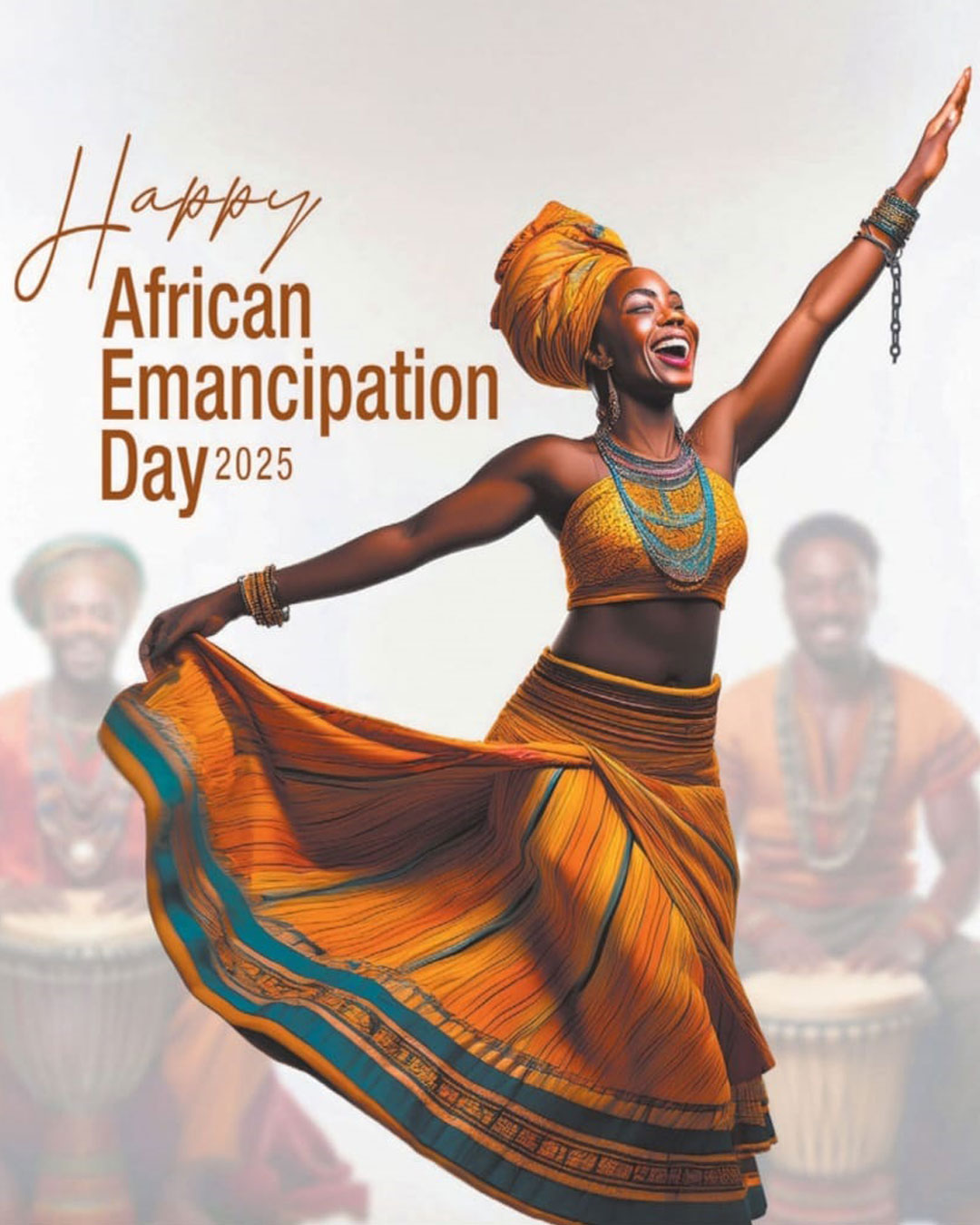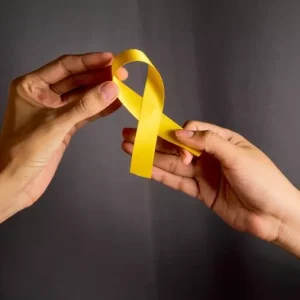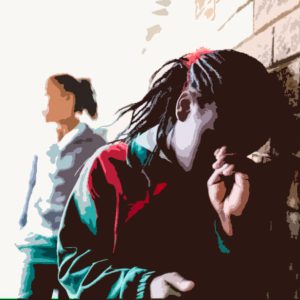
DR MARGARET NAKHID-CHATOOR
AS TT marks another African Emancipation Day on August 1, we turn our attention once more to the abolition of slavery – a defining chapter in our national identity. This day rightly honours the courage of our ancestors and the freedoms we now enjoy. Many will wear African prints, beat drums, and march in proud procession through the streets of Port of Spain.
In the midst of these cultural celebrations, however, we are challenged to confront a fundamental truth: freedom is not simply inherited. It must be defended and redefined for
each generation.
Are we truly emancipated in this moment of our history? Because emancipation is not just the absence of chains. It is the presence of justice. Of dignity. Of collective responsibility. And on those counts we are failing as a nation – especially when it comes to the lives of women and girls. Recent events make it difficult to speak of emancipation as justice and as collective responsibility.
Over the past months, a disturbing wave of violence against women has shaken the country – Venezuelan migrants found in shallow graves. A mother shot and dumped in a drain. A teenager gunned down. A woman and her baby murdered, even after securing a protection order; and, more recently, another woman chopped up and stuffed into a suitcase. Man’s inhumanity to woman!
These are not isolated incidents, but part of an ongoing pattern – a quiet epidemic of femicide and gender-based violence that continues to claim the lives of loved ones. Yet public outcry has been noticeably subdued. No mass protests. Just silence. A silence, persistent and unsettling, which demands a deeper scrutiny.
And what does it say about us as a people that we can celebrate freedom while ignoring the bondage of fear that so many women live with daily?
We inherited a colonial system that taught us to obey, to endure, to keep our heads down – a legacy that still lingers in our institutions, in our politics, and in our culture. We have become desensitised to violence, distrustful of authority, and weary of change that never comes. This societal silence has multiple roots and many have lost faith in our religious and civic institutions.
Protection orders are regularly breached with few consequences. Investigations are slow, and convictions rare. When systems designed to protect appear ineffective, citizens grow disillusioned – and gradually disengage.
Emancipation was never meant to be a one-time event, but a beginning of enriched lives for all – the descendants of former enslaved men, women and children. True emancipation means breaking every chain – not just the ones forged in iron shackles, but the ones forged in silence, in apathy, in fear:
* The chain of silence, when we turn our heads from injustice instead of speaking out.
* The chain of apathy, when we scroll past another headline because tragedy has become so common that we have become insensitive to the pain of grieving families.
* The chain of fear, when women walk home with keys clenched in their fists, and when survivors hesitate to report abuse because they do not believe they will be protected by the law.
These are the chains of our present reality! Freedom today must include the ability to break these chains, to speak freely and to live without fear. As long as these conditions are unmet, particularly for women and girls, our emancipation remains incomplete.
The psychological consequences of this violence in our society extend far beyond the physical. Survivors often suffer long-term emotional and psychological trauma: anxiety, depression, post-traumatic stress, and fractured interpersonal relationships.
Children who witness such abuse are deeply affected – often internalising trauma that disrupts their development and relationships. In many instances, these young witnesses grow into adults who repeat the cycles they once feared.
This conversation also demands the meaningful inclusion of men. Too often gender-based violence is viewed as a “women’s issue.” But it is a national issue, and men must be part of the solution – not only as allies, but as leaders in challenging harmful behaviours, attitudes, and systems.
When enlightened men speak out against abuse, model empathy, and mentor young boys and men, they help shift cultural norms in powerful and lasting ways.
As we mark African Emancipation Day this year, we are therefore called not only to honour the past, but to examine the present. Are we truly free if we cannot guarantee basic safety to our most vulnerable in the society? Can we speak of liberation while so many live under the weight of fear and silence in violent family situations?
True emancipation is not a historical event – it is an ongoing process. It involves dismantling not only the visible structures of oppression, but also the invisible ones of silence, apathy, and fear.
We owe it to our daughters, our sisters, our wives, our mothers, who deserve to grow up in a country where their lives are valued, protected, and celebrated. If women and girls are unsafe, silenced, or marginalised, then the freedoms being celebrated are not truly universal, but conditional.
Let this African Emancipation Day be more than a ritual. Let it be a reckoning! Until our women and girls are safe, we are not truly free. We are simply rehearsing history, not rewriting it.
Dr Margaret Nakhid-Chatoor is a psychologist and educator
Credit – Newsday Newspaper, (newsday.co.tt)
See the original article here.





